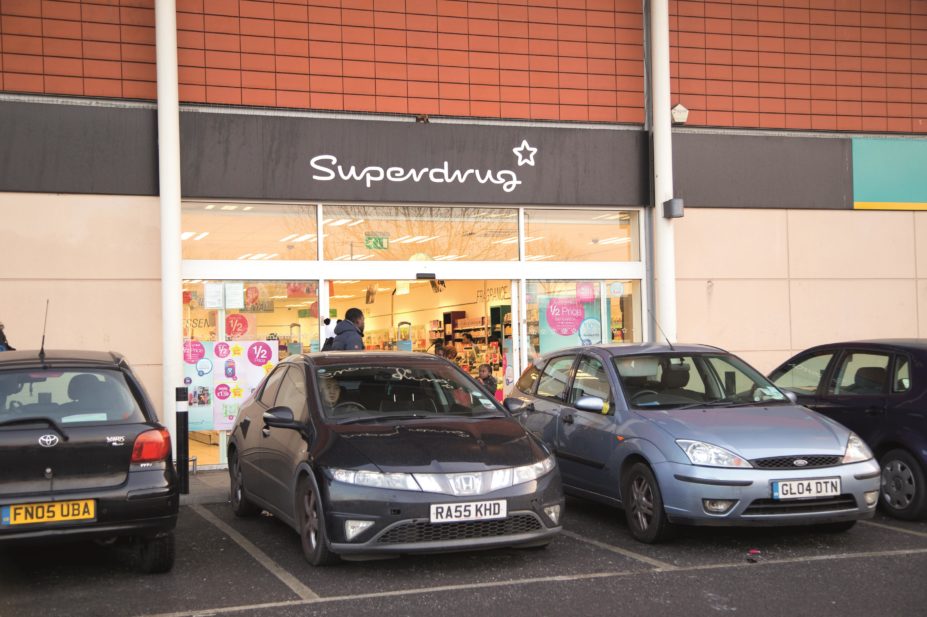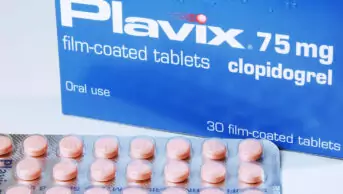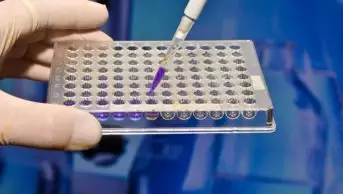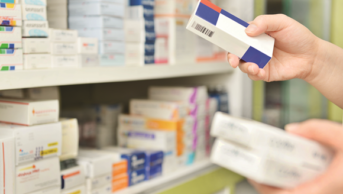
Michaelpuche / Shutterstock.com
Superdrug has become the first retailer in the world to sell the DNA testing kit 23andMe in its stores.
It is being sold at 600 UK outlets and will be positioned alongside pain relief products in order to reach as many customers as possible, Superdrug says.
Marketing material and patient information is being displayed next to the product and customer education videos are available on the Superdrug pharmacy website where it is also being sold.
The £124.99 product allows consumers to receive an analysis of their saliva to create a DNA profile, including 104 health screens. The analysis highlights an individual’s genetic risk of developing certain diseases, including Alzheimer’s disease, Parkinson’s disease and 43 inherited conditions such as cystic fibrosis and sickle cell anaemia. The profile also shows an individual’s sensitivity to 12 different drugs.
Results relating to Alzheimer’s and Parkinson’s are held behind a secrecy wall.
“Those results are being held behind an extra wall and people will have to click if they want to receive those results as it’s quite a sensitive thing,” says a spokesperson for 23andMe in the UK. “If somebody clicks through and gets a positive result, a genetic marker, there is a lot of information available including videos from healthcare professionals explaining what the results mean and what they should do about the results.”
A consumer guide produced by 23andMe confirms that the test cannot diagnose disease but goes on to explain the significance of the results.
“The test can reveal if you carry a recessive genetic variant for 43 inherited conditions, such as cystic fibrosis, polycystic kidney disease and sickle cell anaemia, that you may not have but that you could pass on to your children,” the guide says.
The 23andMe product available in the UK has been banned for sale in the United States. In 2013, the US Food and Drug Administration (FDA) told the company to withdraw its health reports and provide evidence that the screening claims were accurate. The decision meant that in the United States, the company was only allowed to offer genetic hereditary profiling.
However, in February 2015, following new evidence from 23andMe, the FDA approved the first health DNA test screen for Blooms syndrome.
“It is the first condition for which the company submitted the extra evidence required,” the 23andMe spokesperson says. “We will be working closely with the FDA to get further tests approved this year.”
In the UK, the Medicines and Healthcare products Regulatory Agency (MHRA) only has authority to regulate the 23andMe kit, which is classified under EU regulations as a “low-risk device”, rather than a testing service. And because the product has a CE mark, the company is able to market it freely across the EU.
Testing services are regulated in the country where the test is being performed, which in the case of 23andMe is the United States.
- This article was amended on 31 March 2015 to correct the number of health screens offered by 23andMe in the UK and again on 8 April 2015 to remove an ambiguity in the standfirst.


